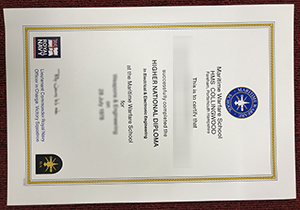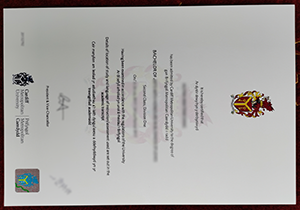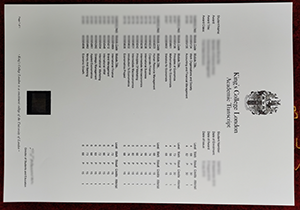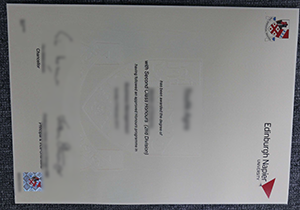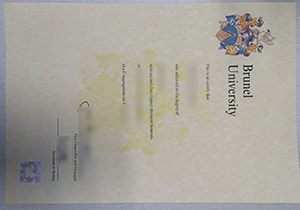Description
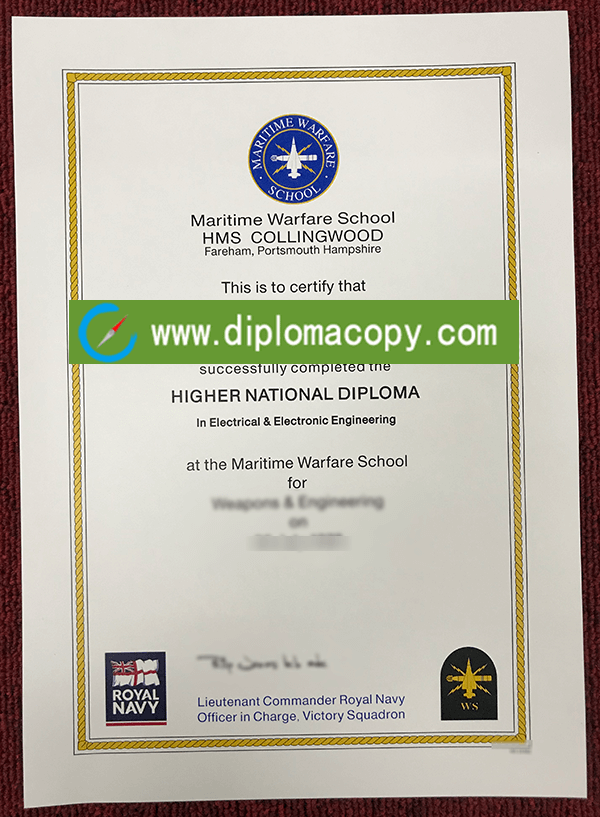
Maritime Warfare School Diploma
Mobile warfare is not a new concept. The experience of the “blitzkrieg” attacks in Western Europe at the beginning of World War II has confirmed the effectiveness of the rapid mobile force. Buy fake Maritime Warfare School diploma, buy HMS Collingwood degree certificate, HMS Collingwood 2021 certificate, Maritime Warfare School thich paper diploma, order Maritime Warfare official transcript. At that time, the German tank divisions carried out fierce attacks on the fortresses and their depths, or through simple Maneuvering bypasses the line of defense. The key to this combat ideology is: disintegrate, disrupt, and preemptively. It advocates attacking enemy headquarters and command and control facilities with the fastest “speed of action” instead of focusing on battlefields and beachheads. War of attrition in the position.
At the same time, British companies, navigation, military, and commerce are busy annexing India. The British East India Company established strong strongholds in Madras, Mumbai and Kolkata, while the French established strongholds in local governance and Kindnagar. Middlesex hologram price. The rights of all these strongholds greatly expanded their rights when the Mughal rule declined. During the War of the Austrian Succession, Britain and France had already fought, and the Treaty of Aachen only interrupted the war. The Seven Years’ War brought back fighting. A British fleet, with the support of the East India Company army led by a young man named Clevoud, captured the French stronghold Kindernagar, and defeated the Governor of Bangladesh at the Battle of Plasi with a force of 3,200 on June 23 With 50,000 troops, they have achieved supremacy in India. The British and French fleets fought three undecided battles, but Britain was free to supply supplies, while the French base was in Mauritius, deep in the Indian Ocean. Britain’s victory is just around the corner. In 1759, the French fleet under Larry Turland besieged Madras, but could not prevent Britain from obtaining supplies from the sea. On January 22, 1760, George Percock’s British fleet won a decisive victory. On January 16th of the following year, the local governance that had run out of ammunition and food surrendered. This determines that the British monopolizes India rather than the British and French carve up India.

